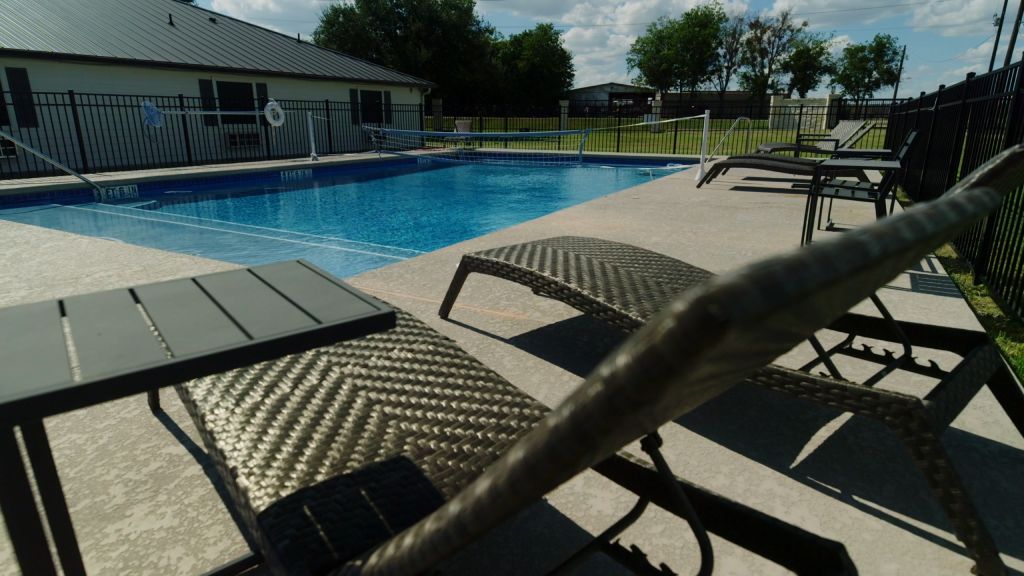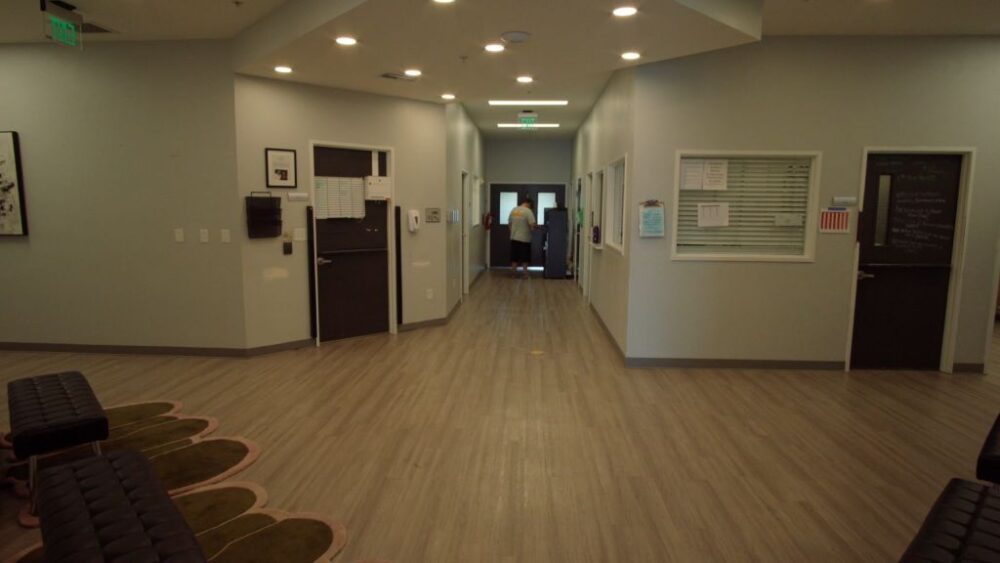Table of Contents
TL;DR:
- Addiction impacts mental health: Substance abuse can worsen conditions like anxiety, depression, and trauma.
- Self-care is crucial: Manage stress, prioritize sleep, eat well, and engage in enjoyable activities.
- Build a support system: Connect with therapists, support groups, and trusted individuals.
- Mindfulness helps: Stay present, develop coping mechanisms, and practice gratitude.
- Relapse prevention is key: Create a plan, recognize warning signs, and build healthy coping skills.
Recovery is a journey, and having the right tools can make all the difference. While physical healing is a big part of overcoming addiction, taking care of your mental well-being is just as important for long-term success.
Addiction often goes hand in hand with mental health challenges like anxiety, depression, and trauma. This is a connection known as “dual diagnosis.” It highlights how closely mental and physical health are linked in recovery.
That’s why we’re sharing some key tips for mental wellness in recovery.
These tips can support you in managing challenges, strengthening resilience, and improving your overall well-being.
Understanding Mental Wellness in Recovery
Substance abuse doesn’t just affect your body; it takes a toll on your mental health too. It can disrupt the balance of neurochemicals in your brain, making existing mental health struggles worse or even creating new ones. For example, long-term substance use can lead to:
- Anxiety: Constant worry, restlessness, or feeling on edge.
- Depression: Ongoing sadness, hopelessness, and loss of interest in things you used to enjoy.
- Trauma: Some people use substances to cope with past trauma, but addiction can also lead to new traumatic experiences.
Managing recovery while dealing with these challenges isn’t easy. You might experience:
- Cravings and triggers: Mental health struggles can make it harder to resist cravings and avoid relapse.
- Intense emotions: Recovery can bring up a lot of feelings, and mental health conditions can make them feel even stronger.
- Negative thought patterns: Anxiety and depression can fuel self-doubt and make it harder to believe in yourself.
That’s why focusing on mental health wellness tips is so important in recovery. Understanding how substance use affects your mental well-being and being aware of the challenges ahead can help you develop strong coping skills. With the right mental wellness tips, you can build a solid foundation for long-term healing and a healthier, more balanced life.
Tips for Improving Mental Health and Well-being
Here are some tips for mental health wellness that you can implement in your daily life:
Prioritize Self-Care
Prioritizing self-care is essential for a healthy and successful recovery. Think of it as the foundation for your mental well-being. It’s not just about pampering yourself. It’s also about making choices that support your mind, body, and emotions.
Here are some recovery self-care wellness tips to help:
- Manage stress: Stress can be a major relapse trigger. Try mindfulness, meditation, deep breathing, or yoga to keep stress levels in check.
- Take care of your body: Eating well, staying active, and getting enough sleep may seem basic, but they play a huge role in how you feel mentally and physically.
- Do what makes you happy: Whether it’s painting, playing music, hiking, or just reading a good book, make time for activities that bring you joy.
- Set boundaries: Protect your energy by saying “no” to things that don’t serve your recovery. Prioritizing your well-being isn’t selfish—it’s necessary.
Build a Strong Support Network
Recovery isn’t something you have to do alone. Having people who understand and support you can make a huge difference. Here are some wellness tips for mental health to help you build a strong support system:
- Stay connected: Join a support group, go to therapy, or lean on friends and family who encourage you and understand what you’re going through.
- Talk it out: Be open about your thoughts and feelings with people you trust. Honest conversations can help you process emotions, get perspective, and feel less alone.
- Get professional support: A therapist or counselor who specializes in addiction and mental health can give you tools and guidance to navigate recovery with confidence.
Stay Present and Manage Your Emotions
Mindfulness is all about staying in the moment and noticing your thoughts and feelings without judgment. It helps you handle challenges with more awareness and control. Here are some tips to keep in mind:
- Find healthy coping tools: Whether it’s exercise, journaling, meditation, or talking to a friend, find ways to handle cravings, triggers, and tough emotions without turning to old habits.
- Practice gratitude: Take time to appreciate the progress you’ve made and the positive things in your life, no matter how small.
- Reframe negative thoughts: Notice when self-doubt or negativity creeps in and challenge those thoughts. Swap self-criticism for self-compassion and remind yourself of your strength.
Focus on Relapse Prevention
Preventing relapse isn’t just about willpower; it’s about having a plan and staying self-aware. Here are some tips to help you stay on track:
- Have a game plan: Work with a therapist or support group to create a relapse prevention plan with strategies, triggers to watch for, and people to reach out to if needed.
- Know the warning signs: Pay attention to changes in your mood, sleep, or social habits—these can be early signs that you need extra support.
- Build healthy coping skills: Fill your toolbox with go-to strategies like mindfulness, exercise, or talking to a trusted friend to help you navigate tough moments.
Embrace Your Journey to Wellness
Your mental health plays a huge role in your recovery journey. Prioritizing it alongside your physical health helps lay the foundation for lasting sobriety and a fulfilling life beyond addiction.
Recovery isn’t a straight path, it’s a process. There will be challenges, but with the right tools and support, you can navigate them with strength and resilience.
Embrace self-care, build a strong support system, practice mindfulness, and stay focused on relapse prevention. These tips for mental wellness will help you take charge of your mental health and create a life filled with purpose, joy, and long-term recovery.
If you or someone you love is struggling with addiction, help is available.
Infinite Recovery offers comprehensive addiction recovery services with a strong focus on mental wellness. Reach out today to learn how we can support you on your journey to lasting freedom from addiction.

















